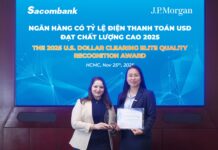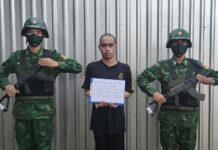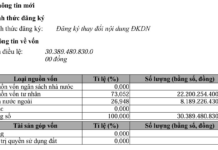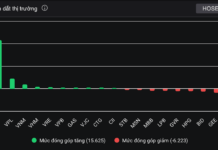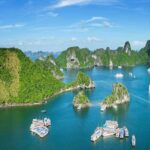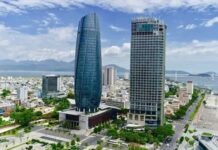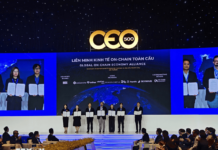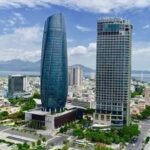Vietnam’s Tourism Training Faces Shortcomings
As Vietnam’s tourism industry faces a growing number of visitors post-COVID-19, it is confronted with a shortage of labor, as well as issues pertaining to the quality and skill set of its workforce. Additional challenges include international integration, labor market integration, the rapid advancement of digital technology in tourism, and the increasingly sophisticated demands of tourists.
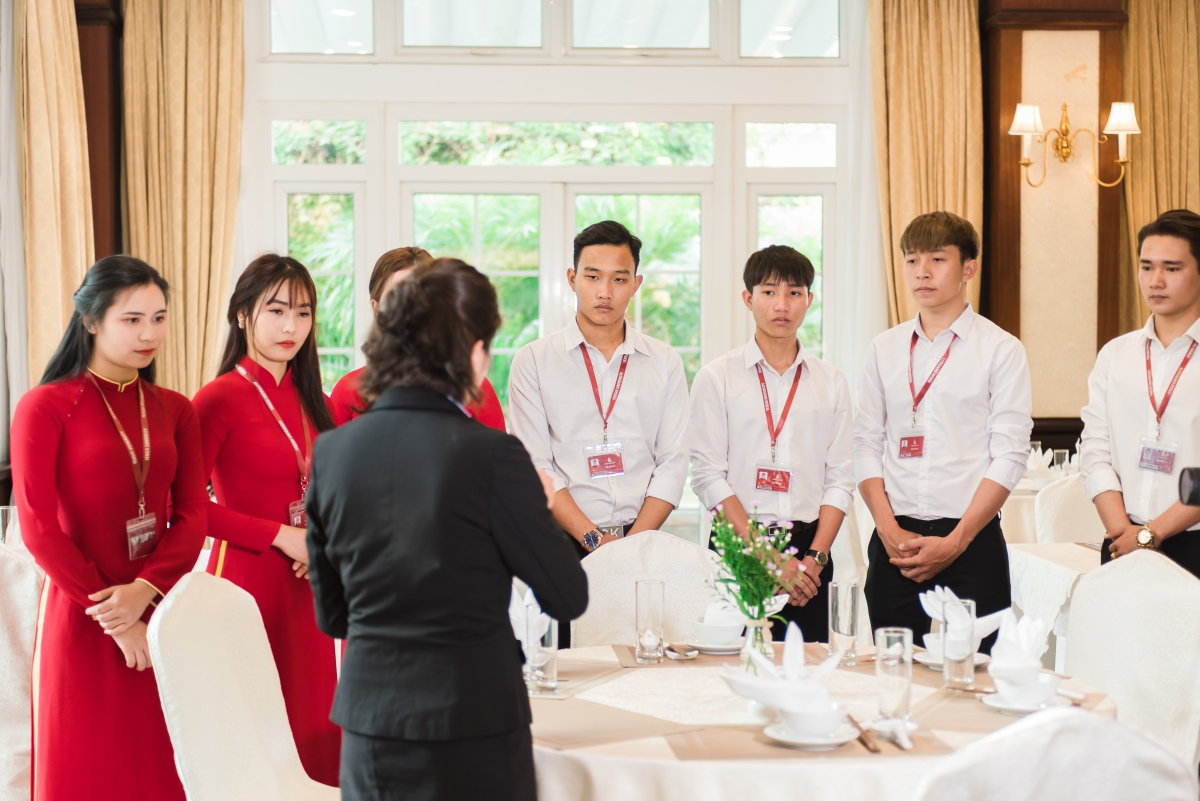
Illustration. Source: Yersin Da Lat University
At a recent seminar on “Training and Utilizing Cultural Tourism Human Resources in the Context of International Integration,” Mr. Nguyen Trung Khanh, Director-General of the Vietnam National Administration of Tourism, pointed out the existing shortcomings in training and human resource utilization: “Vietnam lacks a master plan for tourism training. Training programs at different levels and occupations are outdated and fail to keep up with new trends and technologies. While the industry is recovering rapidly and creating numerous job opportunities, many schools struggle with enrollment. Conversely, numerous tourism and hospitality businesses are unable to recruit workers who meet their requirements, especially in senior management positions.”
Professor Dr. Dao Manh Hung, Chairman of the Vietnam Tourism Training Association, assessed that teaching methods in many tourism schools are heavily theory-oriented, neglecting practical training. He emphasized that tourism vocational training should prioritize practical experience with a higher ratio. “There’s a paradox in that while practical training is required, students face numerous regulations that hinder their access to real-world work during their internships and training periods (ranging from 1-3 weeks to 8 weeks). As a result, they often complete their training without gaining practical experience or accumulating valuable knowledge for their future careers,” Dr. Hung added.
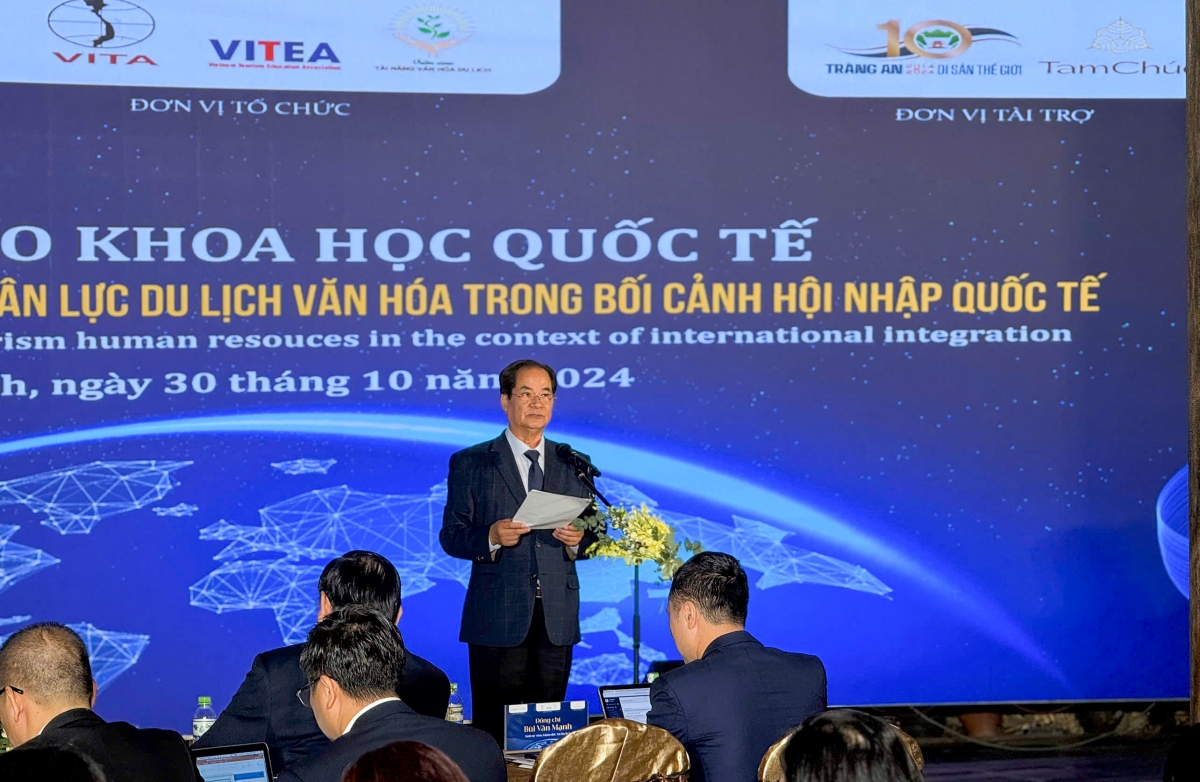
Professor Dr. Dao Manh Hung, Chairman of the Vietnam Tourism Training Association, speaks at the seminar on “Training and Utilizing Cultural Tourism Human Resources in the Context of International Integration”
Similar challenges are faced in Ninh Binh, one of the country’s leading tourist destinations, despite its strong tourism industry and ability to attract high-quality human resources. “Businesses struggle to recruit highly skilled personnel, especially for management and premium service positions, even when offering salaries of thousands of USD. We need to establish a tourism human resources fund based on socialization to contribute to building a sustainable and long-term foundation for the industry,” shared Mr. Nguyen Xuan Truong, representing the Xuan Truong enterprise.
Mr. Bui Van Manh, Director of Ninh Binh Tourism Department, added, “Even in a tourism hub like Ninh Binh, not far from Hanoi, it is challenging to recruit middle and senior-level managers, despite offering competitive salaries. The attitude, awareness, and mindset of many workers, even graduates in tourism, often fall short of business expectations. Additionally, their foreign language skills and foundational knowledge in history and culture are often inadequate. This calls for closer collaboration between educational institutions, scientists, and businesses during the training process, along with encouraging students to be proactive in enhancing their knowledge and skills.”

Tourism student training at the Hanoi Open University. Source: Vu An Dan
A Handshake Between Educational Institutions and Businesses is Necessary
According to a study by Nguyen Xuan Trung, Nguyen Duc Ba, and Chu Khanh Linh (2024), Vietnam’s human resources have not met the quantitative and qualitative demands of the tourism industry’s development. In terms of quantity, training institutions can only meet about 60% of the industry’s needs. The collaboration between businesses and tourism training institutions has not yielded high efficiency, resulting in a surplus and shortage of human resources simultaneously.
Therefore, experts suggest that a training linkage between businesses, educational institutions, and state management agencies in tourism is essential to address the current challenges and demands of Vietnam’s tourism industry. A handshake between schools and businesses is crucial for a breakthrough and sustainability in tourism training. According to Professor Dr. Dao Manh Hung, one promising model for training cultural and tourism human resources is the “Cultural Tourism Talent Incubator Project,” with a 10-year roadmap from 2024 to 2034.
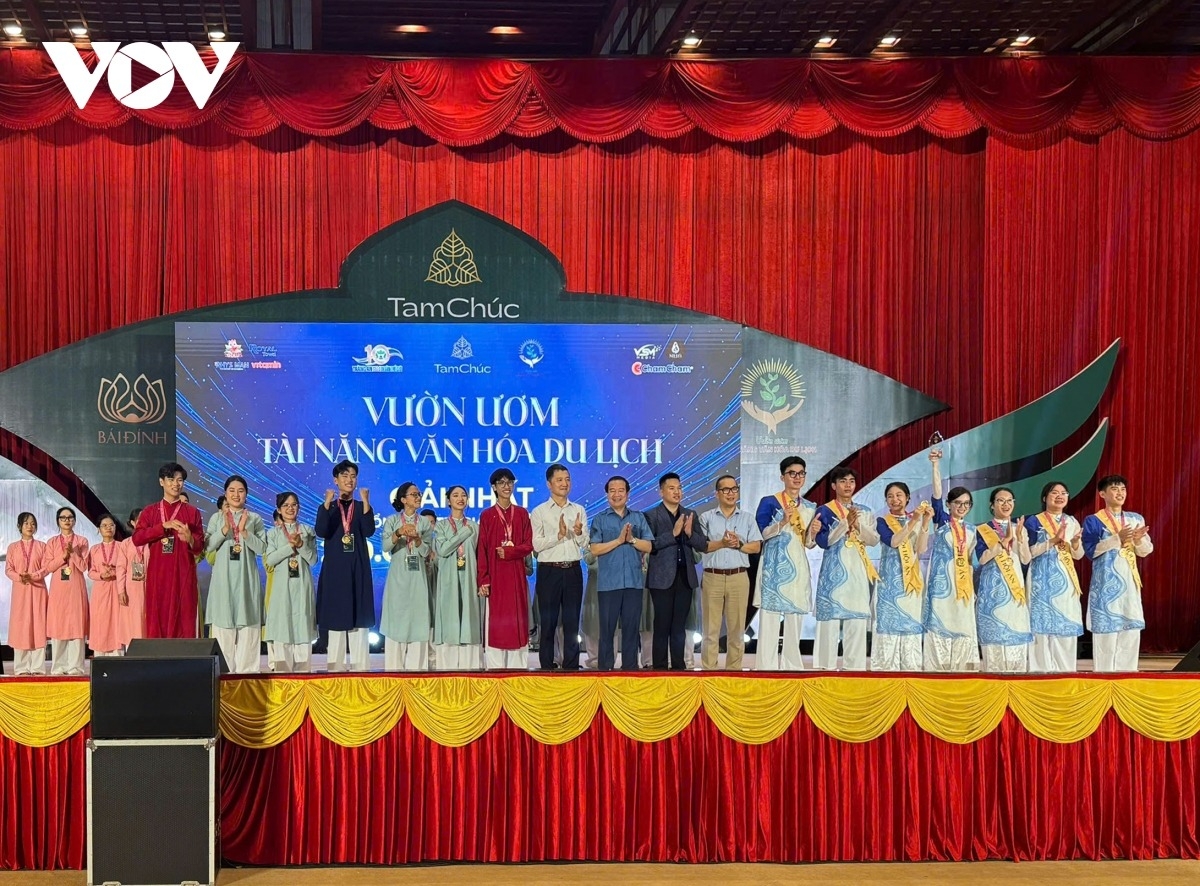
Leaders of the Vietnam National Administration of Tourism, Ninh Binh Tourism Department, and other delegates award the winners of the “Cultural Tourism Ambassador 2024” contest
Mr. Nguyen Xuan Trung, Director of the Cultural Tourism Talent Incubator Project, shared that the project has been ongoing for four years and will continue for at least the next ten years, forming an “incubator” to contribute to Vietnam’s tourism development.
“The project has successfully connected 60 colleges and universities nationwide specializing in culture and tourism, established a network of over 50 leading lecturers, experts, and speakers domestically and internationally to deliver specialized training for students, and collaborated with TedTalk to bring students’ voices to an international forum… The project aims to build an ‘Opportunity Bank’ to connect businesses and create job opportunities for students. It has also launched an e-learning system for online training and provided an electronic library to enhance knowledge not only for tourism students but also for local tourism service workers in remote areas who lack direct access to educational institutions,” Mr. Trung stated at the seminar.
Associate Professor Dr. Pham Hong Long (Head of the Tourism Department, University of Social Sciences and Humanities, Hanoi) suggested that Vietnam could learn from countries like China and Thailand in combining education with practical experience, emphasizing internships and collaboration between educational institutions and businesses. “China has established a cooperative model with businesses, providing internships and connecting theory with practice for tourism students. This not only enhances their skills but also meets the practical needs of the tourism industry. The government offers scholarships to invest in talented individuals in the tourism sector. Additionally, government and business support are crucial for investing in technology and international internship programs, ultimately enhancing the quality of human resources and the position of Vietnam’s tourism industry,” Dr. Long added.
Why Are Over 200 European Billionaires Heading to Vietnam’s Top-Growing Province?
In January 2025, a province in Vietnam is set to welcome over 80,000 visitors, including more than 200 billionaires from Europe. This influx of high-net-worth individuals presents a unique opportunity for the province to showcase its cultural and natural offerings to a global audience. With such a diverse range of visitors, the province has the chance to establish itself as a premier destination, offering a wealth of experiences that cater to a variety of interests and lifestyles. The upcoming event highlights the province’s growing appeal and its potential to captivate and enchant visitors from all walks of life.
The Generous Indian Billionaire: 4,500 Tourists and a Country’s Transformed Perception
India is emerging as one of the most promising markets for Vietnamese tourism. With a growing middle class and an increasing appetite for international travel, India presents a significant opportunity for the Vietnamese tourism industry to tap into.







